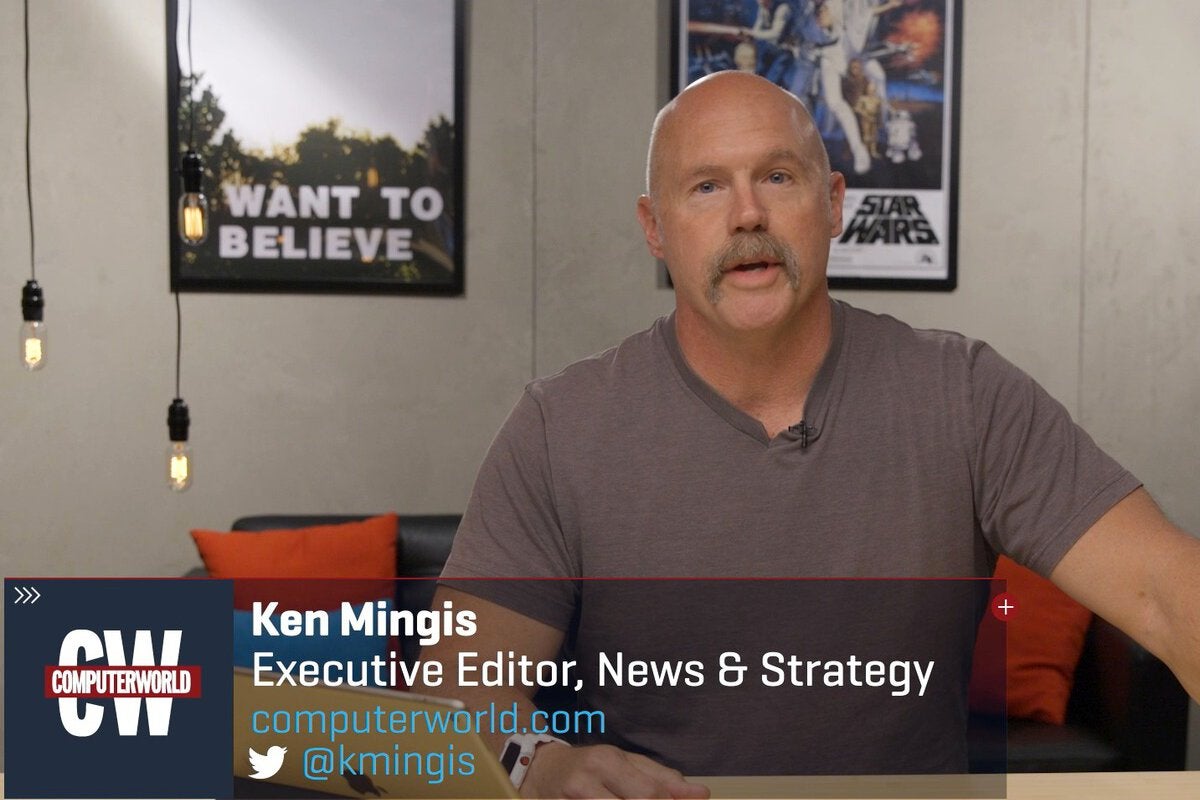CloudHealth Technologies And ParkMyCloud Partner
CloudHealth Technologies and ParkMyCloud have announced they are partnering to marry the hybrid cloud governance of CloudHealth with the automated cost control of ParkMyCloud.
Customers leveraging the integrated solution will experience greater return on their cloud investments. They will be able to automate cloud cost control, simplify management, and consequently free up teams to focus on driving more strategic projects within their organizations.
Public cloud provides agility, efficiency, and flexibility; however, as organizations ramp up in the public cloud, they often find consumption growing rapidly, leading to overspending and inefficient resource utilization. For many, this rising cost is unaccounted for. According to Gartner, “With increasing business unit IT spending on cloud services, IT leaders must prevent new risks, sprawl, cost overruns and missed SLAs. Dynamic optimization technology can help balance the benefits of agility with required governance controls for cloud services and virtualized infrastructure.”1
With CloudHealth’s expertise in cloud governance and management, and ParkMyCloud’s specialization in cloud cost control, they can together provide complete visibility and control over multi-cloud environments, enabling customers to drive better business value. Joint customers will experience a seamless, integrated solution, including:
Improved Cloud ROI: Users will realize immediate cost savings with non-disruptive, policy-driven automation that helps to eliminate tedious tasks and enable teams to roll out new offerings and updates faster to market.
Ability to Drive More Strategic Projects: Rather than focusing on “keeping the lights on,” technical experts can shift their efforts to continuously innovate and thereby maintain a competitive advantage—not just business as usual.
Simplified Hybrid Cloud Governance: Broken down by environment, department, application, resource and more, this integrated offering empowers teams to implement better resource management through simple and easy-to-use, customizable dashboards for different personas such as CFO and CTO, among others.
Better Analytics: Users gain unparalleled insight and can use this visibility to make smarter business decisions.
“There are huge business gains to be reaped in the public cloud, but business transformation also brings complexity,” said Tom Axbey, CEO and president, CloudHealth Technologies. “In partnering with ParkMyCloud, we’re eliminating cloud management inefficiency and bridging the divide between cost and utilization. We’re uniting disparate cloud environments, business ops and DevOps teams by equipping them with the tools they need to be agile and productive.”
“Our goal at ParkMyCloud has always been to help our customers do more with their cloud by saving time and money,” said Jay Chapel, CEO and founder, ParkMyCloud. “That’s why we provide them with automated cost control, which we do by finding and turning off idle resources in AWS, Azure, and Google Cloud. By collaborating with CloudHealth Technologies, we are providing customers with end-to-end visibility and control over their environments for optimized cloud usage and spend.”
“With ParkMyCloud, anyone in your organization can be responsible for their own cloud costs,” said Reed Savory, Connotate. “That’s immensely valuable and brings real cost savings. CloudHealth offers unparalleled rightsizing capabilities, among other things, so we know we aren’t leaving money on the table. Integrating these solutions will only further the simplicity and efficiency with which our team operates – even as we manage a rapidly scaling cloud environment.”
1. Gartner, Innovation Insight for Dynamic Optimization Technology for Infrastructure Resources and Cloud Services, Donna Scott and Milind Govekar, Refreshed: 6 February 2017 | Published: 29 February 2016.
Source: CloudStrategyMag





